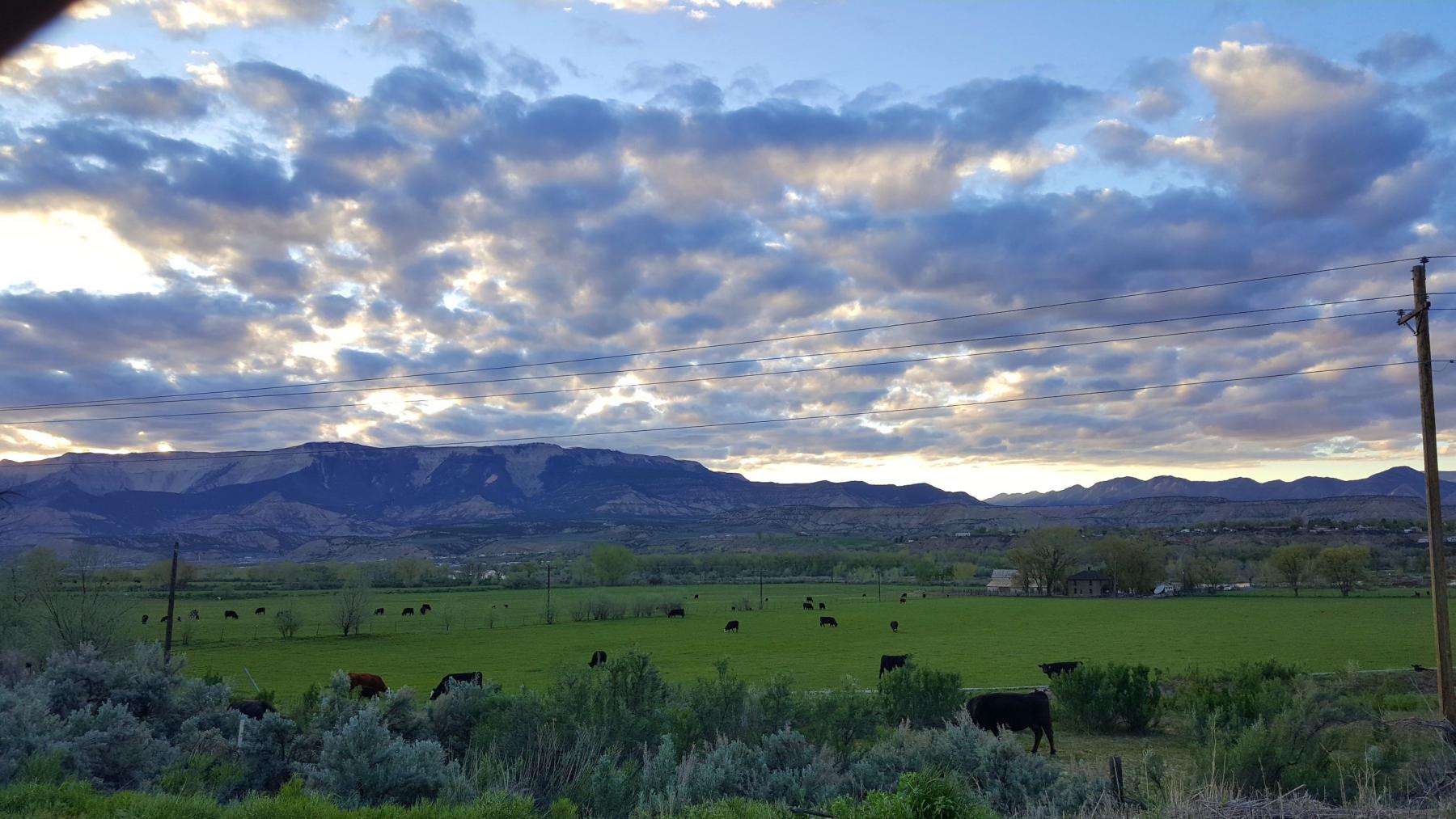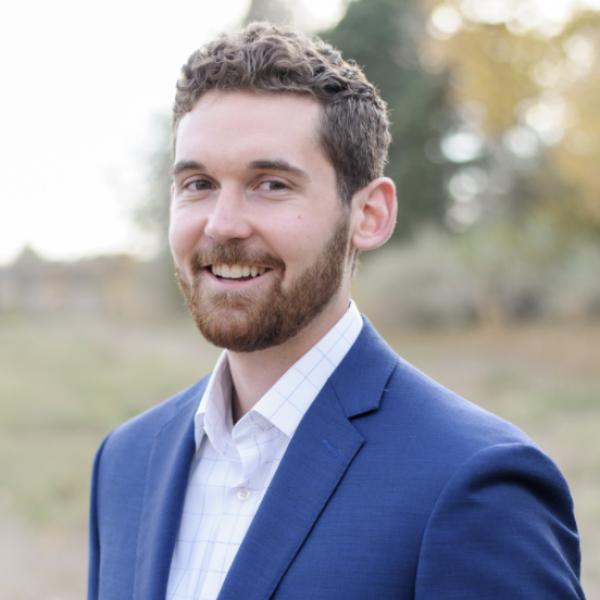Welcome to the Big City — and CHI

I’m a native Coloradan who grew up in the small town of Rifle and now live in the big city of Denver. Rifle, population 10,000 or so, sits between Glenwood Springs and Grand Junction. If you blink while driving west on I-70 you’d more than likely miss it.
You could say that my rural past and urban present makes me a dual citizen of Colorado. My family owned four acres outside of Rifle and raised horses, chickens and goats. Today, I live in a small apartment in University Park. For me, the contrast between then and now was symbolized by one of my first decisions as a Denver resident: I traded my Chevy pickup truck for a Honda sedan.
I graduated from the University of Denver in 2017 and joined the Colorado Health Institute as a research analyst in February. I have some background in health care. During college, I worked at St. Mary’s Regional Medical Center, St. Jude Children’s Research Hospital, the Western Healthcare Alliance and Kaiser Permanente as an intern. But this is my first dive into research and analysis.
I believe my rural DNA will inform much of my work at CHI.
Consider the issue of access to care. It can be a challenge for people in big cities and small towns. But there are some aspects that are unique to rural Colorado. Obtaining specialty care, for example, can be difficult. Seeing a doctor at Grand River Health in Rifle isn’t much of a problem. But patients in more serious condition often are moved to larger medical centers, sometimes without positive results; a few years ago we lost a classmate due to complications from a MRSA infection.
The opioid epidemic is another issue that transcends geography. It’s a scourge that touches all parts of the state. I remember classmates in high school using prescription pain meds but at the time didn’t realize that these were precursors to future abuse or addiction.
But the problem in rural Colorado is compounded by barriers to treatment. As CHI reported last year, significant parts of northwest, southwest and southeast Colorado are farther than 30 miles from a treatment center, and most of these areas have seen rising drug overdose death rates. As we address the opioid epidemic we must expand appropriate treatment and reform prescription methods while also innovating to provide integrated physical and behavioral health services.
Colorado is a national leader in improving health care delivery and integrating primary and behavioral care. The State Innovation Model and Regional Health Connectors supported by CHI empower regions across the state to collaborate and create unique solutions to solve local problems. The Colorado Health Access Survey, fielded, analyzed, and managed by CHI and primarily funded by The Colorado Trust, is the premier source of information on health insurance coverage, access to health care and use of health care services across all of Colorado.
There is much work to be done in health care policy research, and health care in our state is far from perfect. It is imperative to approach challenges through the lens of all of Coloradans — those from rural communities, urban centers and everywhere in between.
Photo: The Book Cliffs in Western Colorado. Source: Jacob Boone
This post is an introduction to CHI's newest research analyst, Eli Boone. Find Eli on Twitter: @CHI_EliB
Want more information about health and health policy in Colorado? Subscribe to our newsletter or find CHI on Facebook and Twitter
Related Blogs

